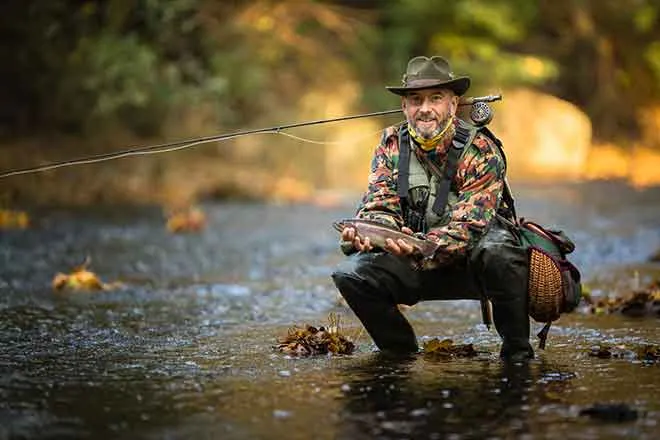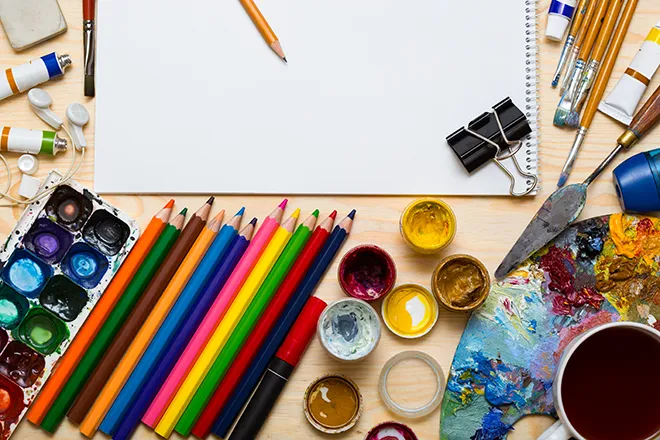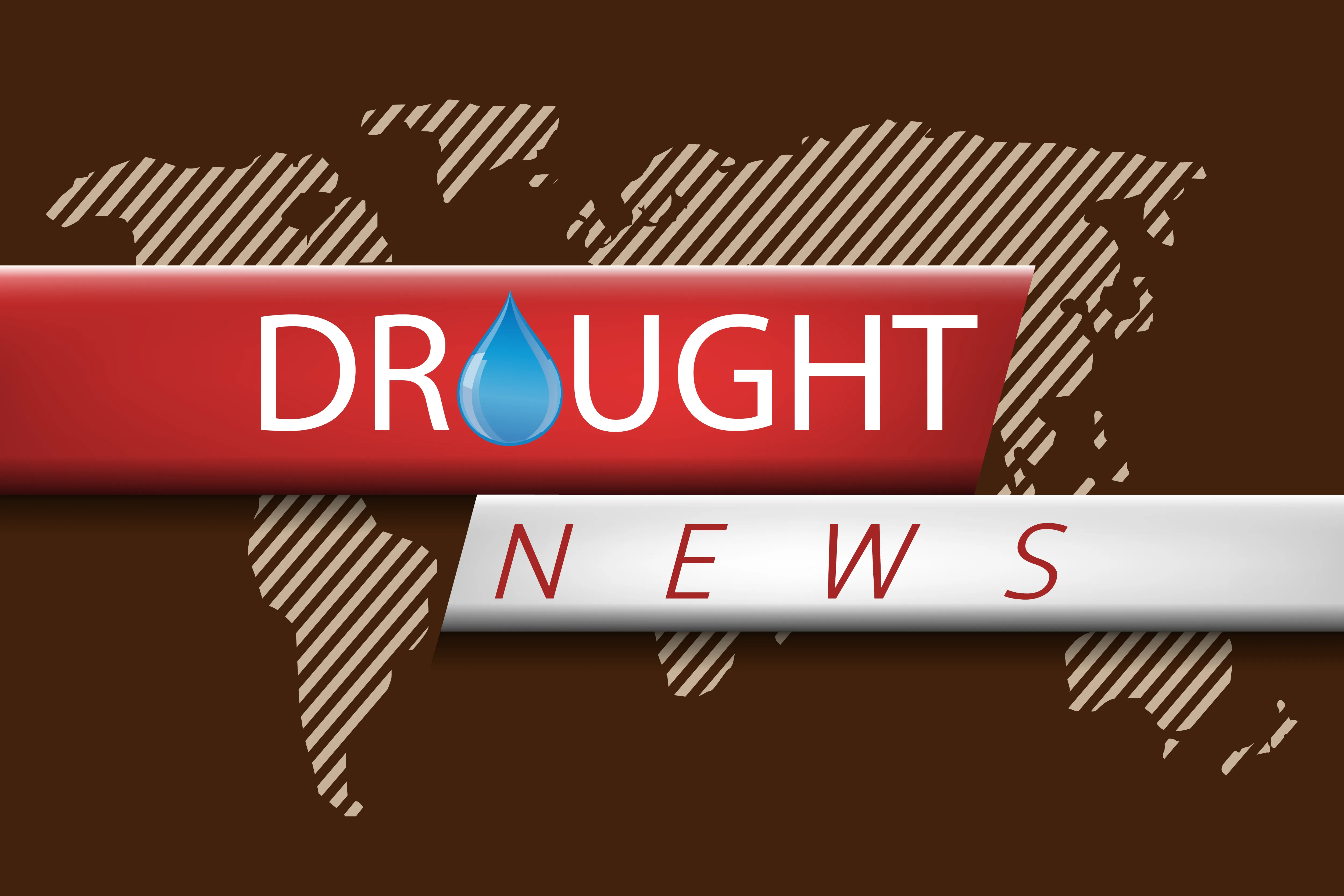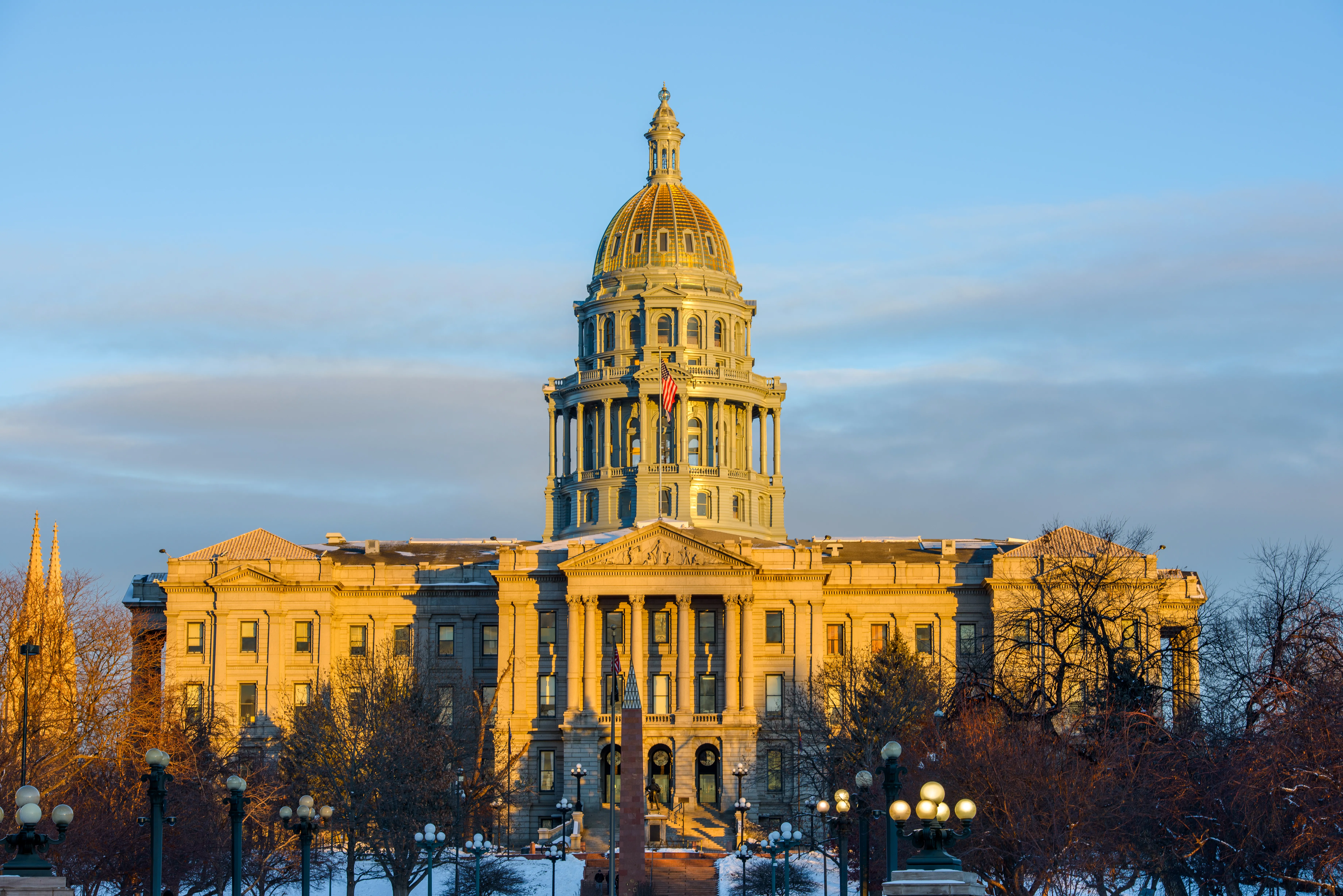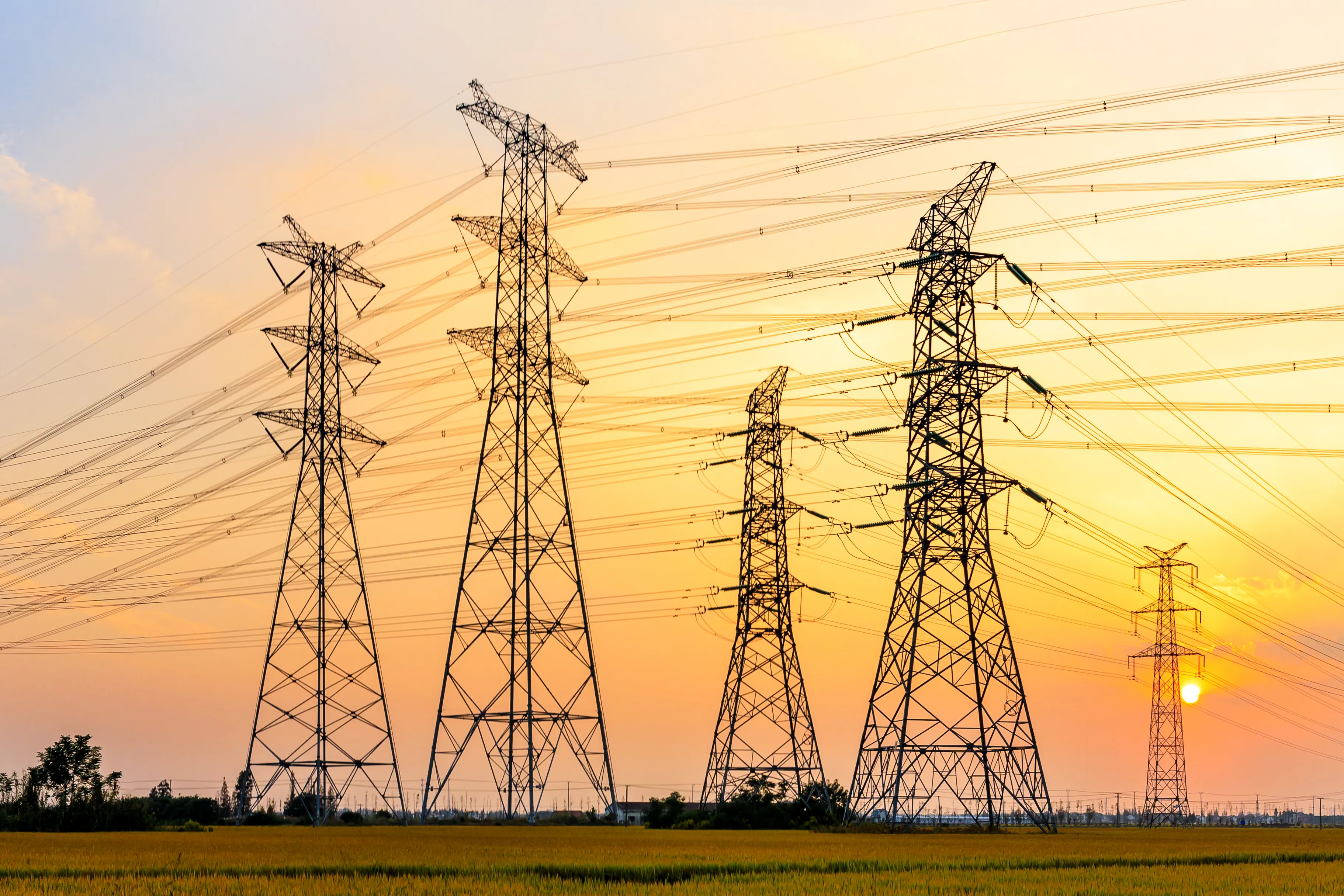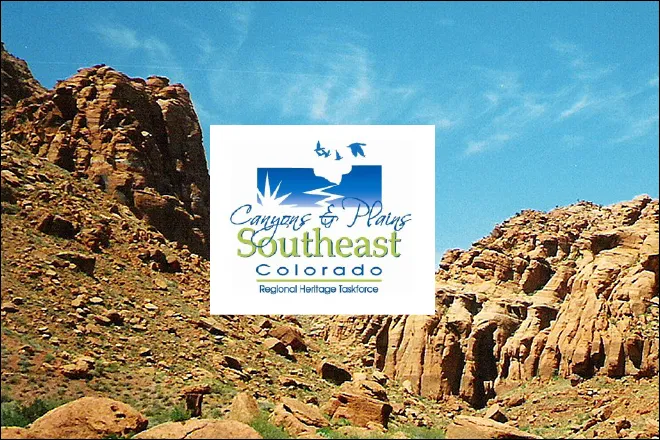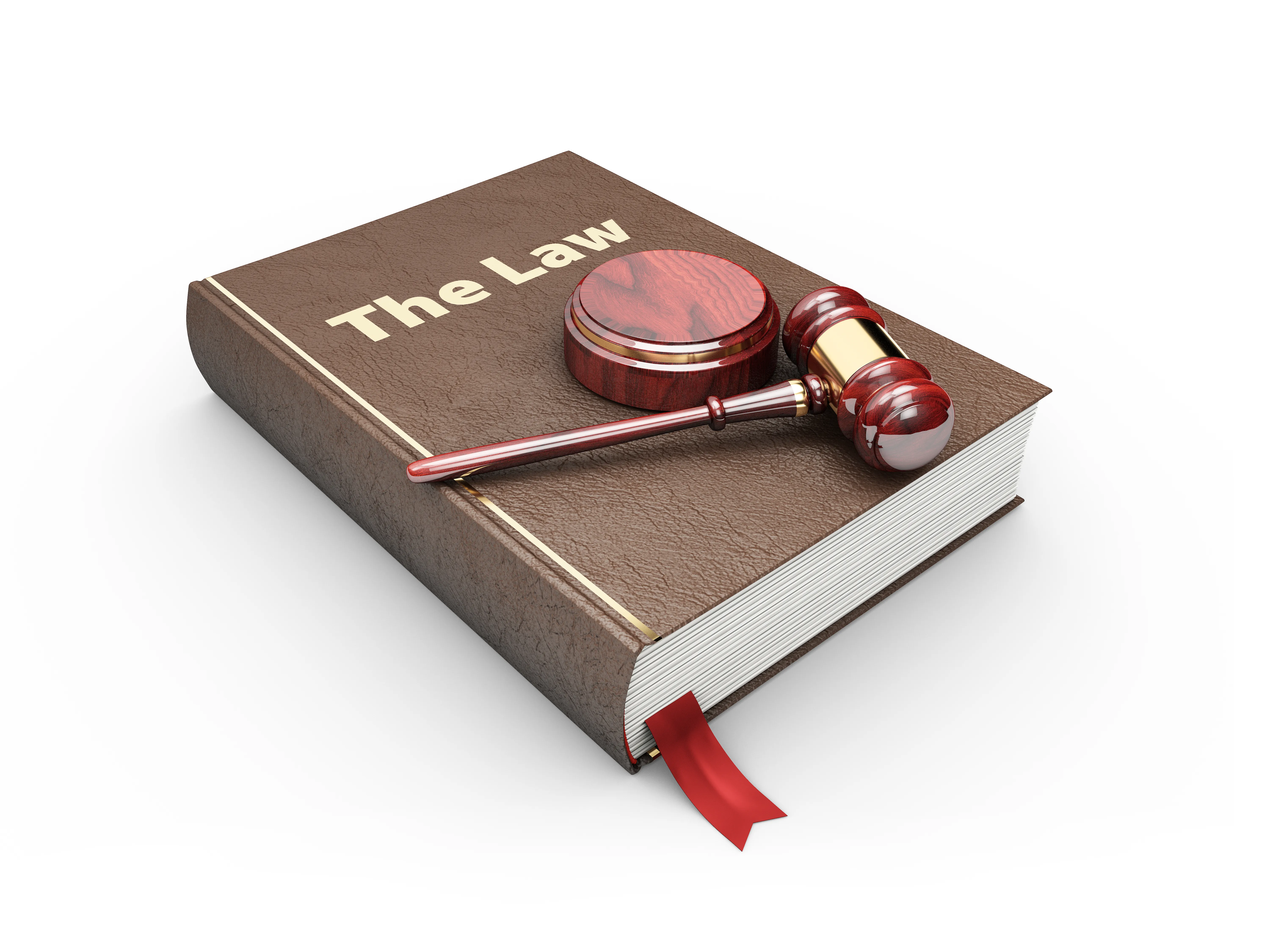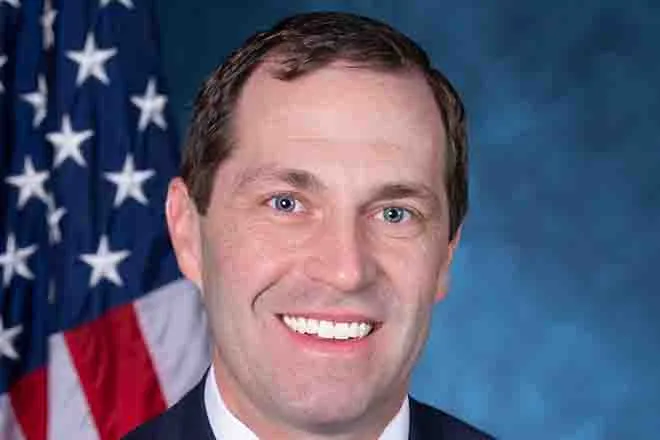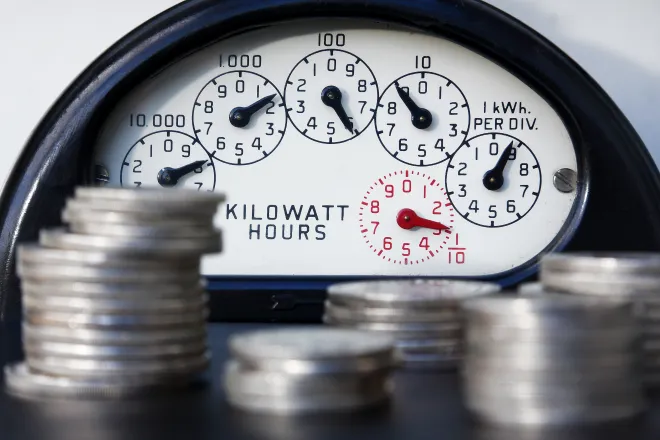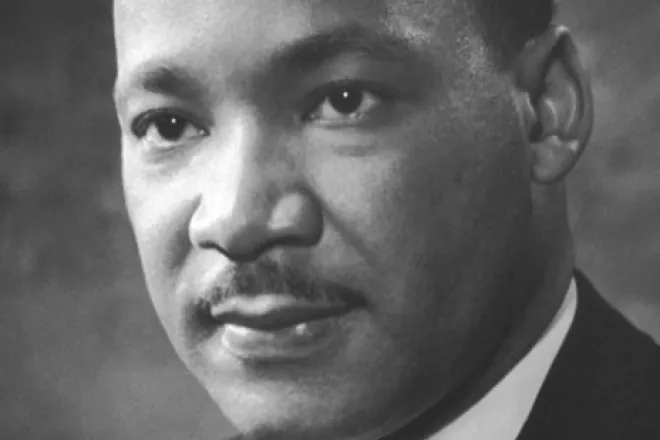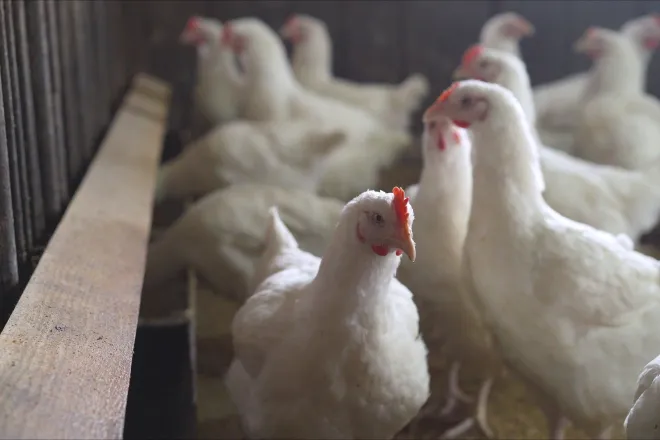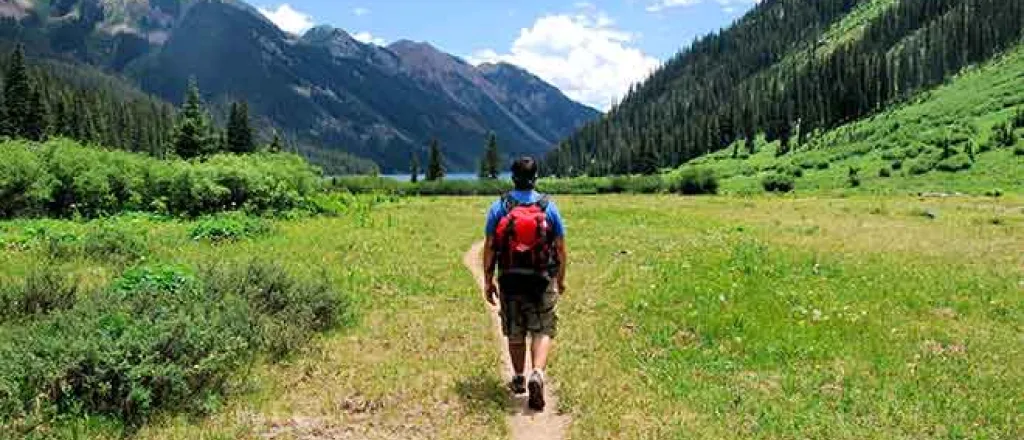
Breaking barriers for LGBTQ+ in the Colorado outdoors
(Colorado News Connection) A new group in Montezuma County, Colorado, aims to provide an inclusive outdoor space for biking. Queer Byke Brigade, started by Clara Moulton and Kit Jones, was inspired by an LGBTQ+ group ride at Roam Fest, a bike festival for women, marginalized riders, and genderqueer femme people in Sedona, Arizona.
LGBTQ+ culture has historically centered around bars, clubs, and cities. However, there are many LGBTQ+ identifying people in rural areas who love to spend their free time outdoors. But finding community in these rural areas, away from many of the LGBTQ+ hubs of urban centers, can be challenging.
“We were like, how do we get more of this?” Moulton said about Roam Fest. “We wanted the ride part, but we also wanted the social networking, because it’s rural out here and there’s a lot more queer folks than there used to be, but there’s still not a lot of queer folks. So just creating a really inclusive supportive network was a priority.”
Justin Yoder, founder of LGBT Outdoors, a national nonprofit with the mission to get more LGBTQ+ people outside, said that many people don’t understand why queer people can’t go outside and go hiking or do whatever they want.
“I remember one person, in particular, was like, ‘the outdoors is fine for everybody. The squirrels aren’t going to judge you.’ No, the squirrels won’t, but the stories we hear are horrifying and can be scary,” said Yoder.
“Not everyone feels that safety in outdoor spaces,” said Moulton. “Maybe it’s super scary for like a trans masc [masculine] human to go bike by themselves in a rural space. But if they’re doing it with like 15 other queers that are hooting and hollering and being weird, it feels a little bit better and a little safer. And the hope is that one day that won’t be necessary. But until then, creating the opportunity to feel safety in numbers is huge, and also getting others used to seeing people that don’t look like them in outdoor spaces and being ok with it.”
Being LGBTQ+ in rural areas might not be always easy, but there are also more LGBTQ+ people than people may assume. Approximately 3 million LGBTQ+ people live in rural America. While it can sometimes feel unsafe to walk down the street in a rural area as an openly LGBTQ+ person, there are also moments of connection that may not happen in an urban setting.
“There have been times where we would be holding hands and taking our dog for a walk on the shoulder of the highway, and I had thoughts where it was like all it takes is for one really hateful person to just swerve and that’s it. It’s scary to have to constantly have the awareness of whether am I safe here,” said Moulton.
“But also, this community surprises me. There have been times when I’m sitting down with someone very much the political opposite of me, and they don’t bat an eye around queerness. When we get on that human level, they just see me as a human, and I see them, and we can shed the political bullshit. Which is why I like this community.”
Yoder, who grew up in rural Missouri, never thought he would come out when he was living in a conservative, rural area. Now he said that a lot has changed regarding the visibility of LGBTQ+ people. “Having something like LGBT Outdoors can make a huge difference in helping connect to other people that are like them and letting them know they aren’t alone,” he said. “Finding something like LGBT Outdoors could have saved a lot of hurt for me because when I was a kid I didn’t know anyone that was gay. [The outdoors] is a powerful setting that could really change lives and save lives too.”
Historically centered around bars, clubs, and other spaces that often prioritize alcohol and drugs, queer culture has developed a strong attachment to these environments.
“When people are coming out, especially if their friends or family aren’t supportive, the easiest place to get connected is gay bars. A lot of times it’s very easy to go down a slippery slope with alcohol and drugs. There are not a lot of places that are easy to find to get plugged in [to the LGBTQ+ community] outside of that world,” said Yoder.
“Another aspect of what we do is let people know there is a healthier option to this. A lot of times those people have never been involved in the outdoors, but they also know the bar scene isn’t a good scene for them, and they’re willing to give the outdoors a shot.”
Moulton wants Queer Byke Brigade to be a space separated from alcohol, but drinking is also deeply entwined with both outdoor culture and rural areas. Moulton say that it can be hard to find places to host non-biking meetups that aren’t alcohol centered, like the local brewery or cidery. While there are often non-alcoholic choices, Moulton wonders who the group is excluding simply by holding an event at an alcohol-centered location.
“We believe that way more people in the [LGBTQ+] community love the outdoors than what people think,” said Yoder. “A lot of times when they think of gay people, they think of people that love the city and love going to the bars and love going to clubs and are not outdoorsy, but there’s a ton of us that do love the outdoors.”
Other barriers like cost, and time, also stand in the way of getting into outdoor activities.
“Biking is a predominantly white affluent sport,” said Moulton, “It’s rapidly changing, which is amazing, but it could change faster and there’s way more to change.”
Queer Byke Brigade and LGBT Outdoors both try to offer resources like bikes to borrow and places to find more affordable gear so that getting into the outdoors doesn’t feel so hard. “Don’t feel like you have to go for something brand new if you’re going kayaking or camping. Facebook marketplace is a great place to be able to go and try to find used kayaks or used bicycles or used tents,” said Yoder.
“Don’t feel like you have to go with the top-of-the-line to get started. Find friends you can go with and figure out if you like it before dropping a lot of money on it.”
Ilana Newman wrote this article for The Daily Yonder.


